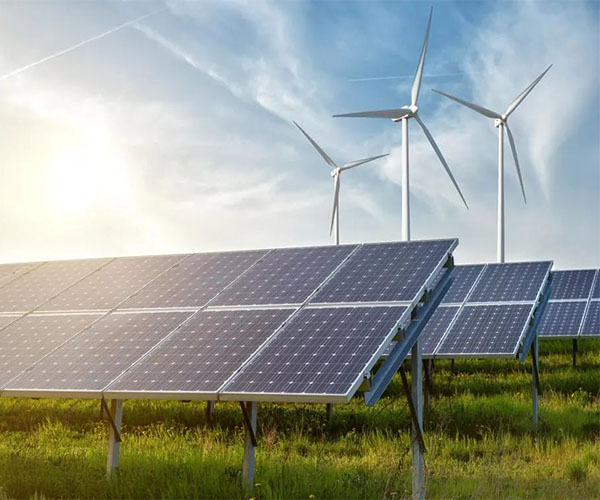Artificial intelligence has quickly become one of the most disruptive technologies in the world, eliciting both excitement and concern for what AI means for societal progress.
On one hand, AI is improving productivity in ways once never imaginable, from automatic weeding and produce sorting on agriculture farms to screening for cancer. On the other hand, AI misuse has enabled threats like cybersecurity breaches, and just recently, Italy placed a temporary ban on ChatGPT over privacy concerns. So, as AI becomes more sophisticated and integrated into our everyday lives, it’s imperative that we draw a line in the sand for how AI could—and should—be used.
If used for selfish gain, AI could lead to severe consequences. But, when used for good, AI can solve the world’s most urgent challenges and allow both humans and the environment to thrive in harmony. When looking at where AI can do the most good, we can prioritize the enablement of greater efficiency and accessibility to critical resources. Energy, including how it is sourced and the way we consume it on a daily basis, is ripe with opportunity.
Fundamentally, AI-powered energy algorithms take large pools of data from a utility’s meter and transform it into meaningful insights by breaking down high-level energy consumption data on a device-by-device or categories basis. The algorithm then isolates what appliances and energy habits are contributing to the total consumption of any household or business.
Energy algorithms can utilize a combination of energy usage data, weather data and dwelling data to identify and track true customer behaviour through their actual daily appliance usage. For instance, when a customer goes on vacation or buys an EV, their usage patterns change dramatically. AI can recognize the change in usage patterns and adjust energy itemization accordingly.
Source: Forbes



